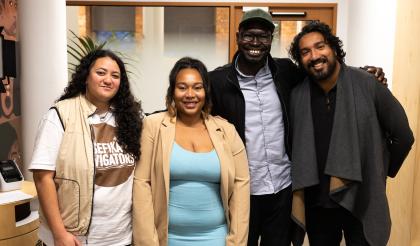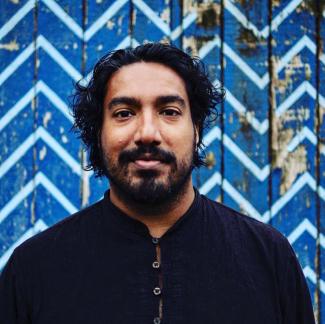Resource
Community-led approaches to mental health literacy

- Video
Last updated
8th November 2023
Artists
Jump to:
Everyone deserves to feel happy and healthy. But we know not everyone living in Victoria has the opportunity to lead a healthy and happy life. 1 in 6 adolescents aged 12 to 17 and 1 in 3 young adults aged 18 to 25 report loneliness (Lim et al 2019). And with cultural diversity in Australia forever expanding, young people from diverse backgrounds face added barriers when it comes to their mental wellbeing. We’re talking about barriers like:
Stigma and shame about mental illness
Racism and discrimination
Lack of relevant and accessible mental wellbeing awareness, education and literacy
